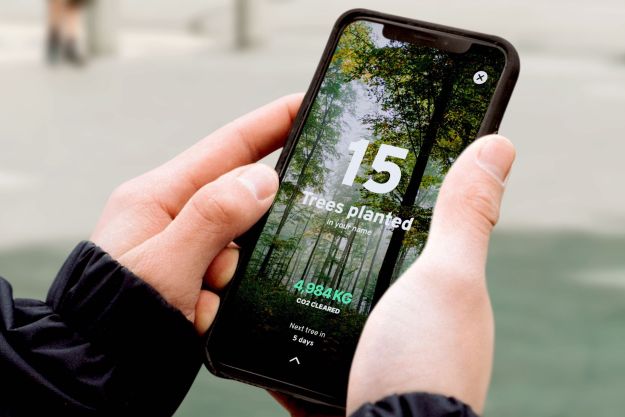
In the groundbreaking experiment, the team worked with seven epileptic patients who were each equipped with temporary brain implants to help with their seizures. During the experiment, Rao and Ojemann showed patients random series of pictures that included human faces, houses, and blank grey screens for 400 milliseconds each. They were asked to identify a specific photo of an inverted house.
Concurrently, the patients’ electrodes were hooked up to software that monitored two brain signal properties — “event-related potentials” (which occur when large groups of neurons light up in response to an image) and “broadband spectral” changes (which occur when neurons remain active after seeing an image).
The team’s algorithm examined these two components and determined what combination of these signal properties corresponded to what images. “We got different responses from different (electrode) locations; some were sensitive to faces and some were sensitive to houses,” Rao said.
Once this initial phase was complete, the team showed the seven patients totally new pictures, and shockingly, the computer was able to almost instantaneously predict, based on the brain waves that were produced, when subjects were seeing each of the images, and at an accuracy rate of 96 percent.
“We were trying to understand, first, how the human brain perceives objects in the temporal lobe, and second, how one could use a computer to extract and predict what someone is seeing in real time,” explained Rao to the UW NewsBeat. “Clinically, you could think of our result as a proof of concept toward building a communication mechanism for patients who are paralyzed or have had a stroke and are completely locked-in,” he said.
Full details of the UW study can be found in a study published in PLOS Computational Biology, and while more work needs to be done to better understand the full implications of the new-found results, it’s pretty wild to think that we’re getting closer and closer to legitimately predicting human thought.
Editors' Recommendations
- AMD may soon launch a new GPU, but it’s probably not the one you think
- Nvidia’s RTX 4080 12GB may soon return, but not how you think
- Overclocker proves that you may not need expensive DDR5 RAM
- Here’s where you can pre-order the Pixel 6 and 6 Pro right now
- Researchers have simulated a virtual universe, and you can download it for free


